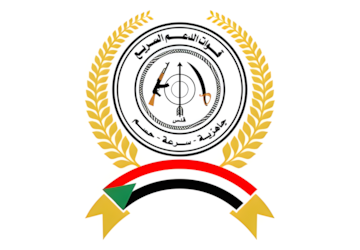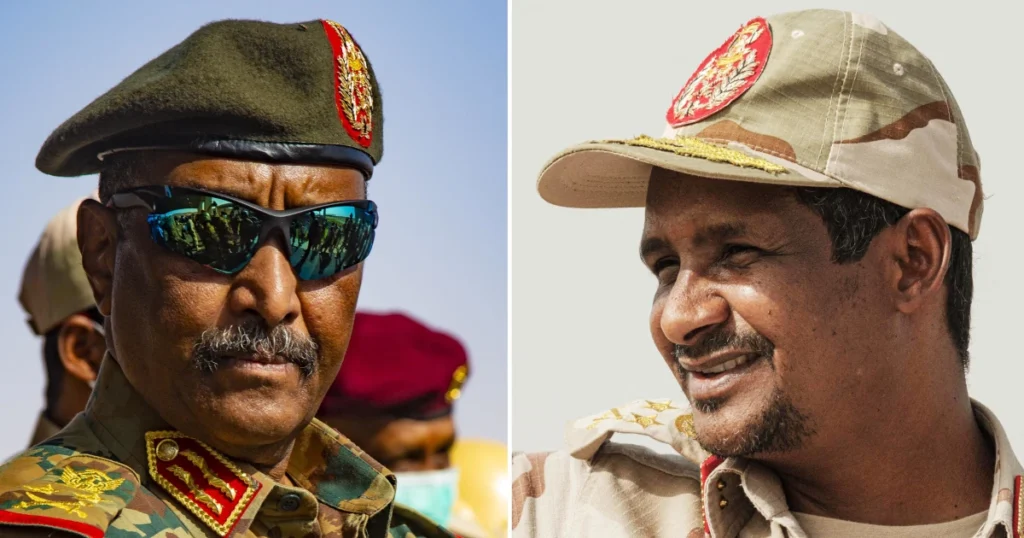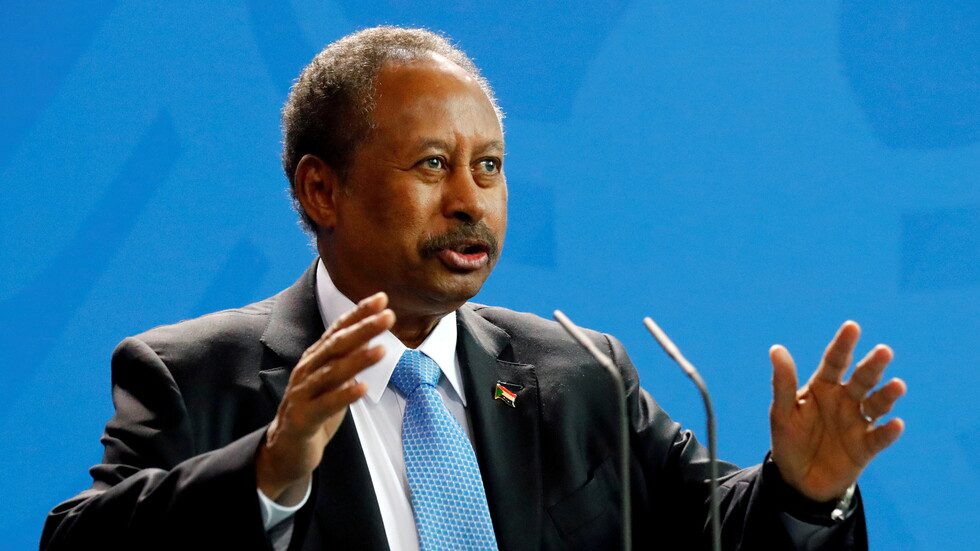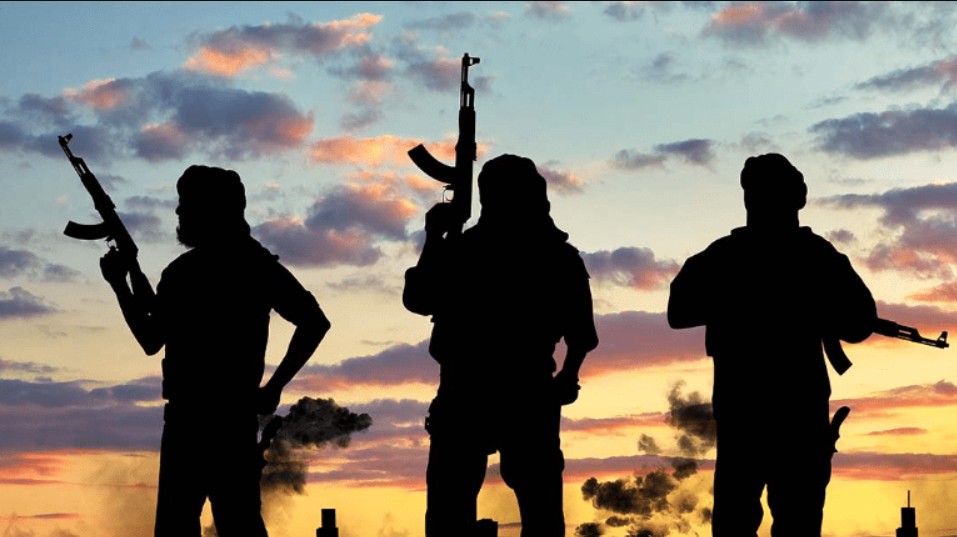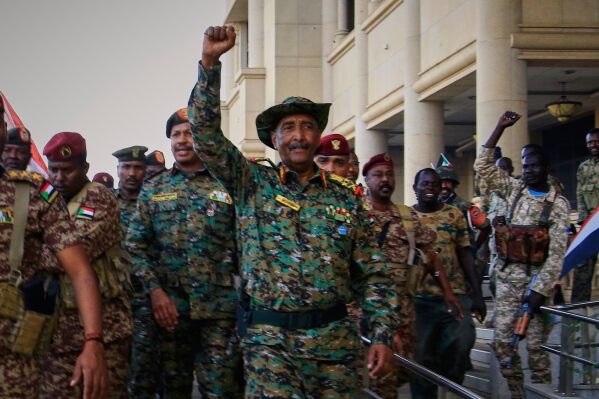
Sudanese analysts say SAF chief Abdel Fattah al-Burhan has effectively closed the door on peace by tying any US- and Saudi-backed settlement to the dismantling of the Rapid Support Forces (RSF), a condition widely viewed as impossible under current realities.
In an opinion article published by the Wall Street Journal, Burhan said he was ready to “work hard” with Washington and Riyadh to achieve a “just and fair peace” in Sudan. He praised what he described as the “positive and encouraging” remarks made by US President Donald Trump after a meeting with Saudi Crown Prince Mohammed bin Salman in Washington, where Trump pledged to begin working on a solution to Sudan’s crisis at Riyadh’s request.
“We welcome the sincere efforts of the United States and Saudi Arabia to achieve a fair peace in Sudan,” Burhan wrote. “We appreciate their continued concern and commitment to ending the bloodshed, and we are ready to work with them to deliver the peace the Sudanese people long for.”
But he immediately set a red line: “Any solution that guarantees lasting peace requires dismantling the RSF militia and its mercenaries. There is no place for them, or for their allies, in Sudan’s security or political future.”
Analysts say that while Burhan appears to endorse US-Saudi diplomacy, he undercuts it by demanding the RSF’s dismantling as a precondition for cooperation – something that cannot happen outside a clear, negotiated roadmap. They describe his position as “verbal manoeuvring” that allows him to sound constructive while making peace talks unworkable.
For many observers, Burhan’s stance is unsurprising. They argue he remains tightly controlled by Sudan’s Islamist movement, which refuses to end the war unless it is guaranteed a place in any future power structure. Burhan himself is also seen as seeking to secure his own long-term hold on power, a goal not served by the transition plan pushed by the US-led “Quad”.
In September 2025, the Quad – comprising the United States, Saudi Arabia, Egypt and the United Arab Emirates – proposed a roadmap that begins with a three-month humanitarian truce, leading to a permanent ceasefire and then a nine-month, inclusive political transition to a civilian government.
The RSF quickly announced its acceptance of the plan. The SAF rejected it, claiming it would “eliminate the army, dissolve security institutions and leave the rebel militia in its areas”, in reference to the RSF.
In a move widely seen as an attempt to further embarrass the SAF, RSF commander Mohamed Hamdan Dagalo “Hemedti” recently declared his readiness to implement a unilateral humanitarian ceasefire for three months.
Analysts say this contrast in public messaging allows the RSF to appear more flexible and responsive to international pressure – regardless of its own record on the ground – while the army leadership entrenches a hardline position that alienates potential partners.
They warn that Burhan’s approach could eventually exhaust the patience of the Trump administration, which may resort to punitive measures against the SAF to force it to engage seriously in peace efforts.
In his article, Burhan framed the conflict as a war against a rogue militia, not a power struggle between generals. “The consensus among Sudanese is that President Trump is a leader who speaks directly and acts decisively,” he wrote, adding that many believe Trump has “the will to confront foreign actors” prolonging Sudan’s suffering.
He claimed that “the war waged by the RSF militia is unlike any conflict we have faced”, saying it was tearing apart Sudan’s social fabric, displacing millions and threatening the wider region. Yet he insisted Sudan still looked to its “allies in the region and in Washington with hope”.
Burhan said Sudan was prepared to “work constructively” with Trump’s administration and “with all those who sincerely seek peace”. He blamed the outbreak of the war on April 2023 on an RSF “mutiny” against the state by a heavily armed militia with “a long record of brutality”.
In what read as a veiled threat to Western interests, Burhan warned that the war threatened the stability of the Red Sea to the east and the fragile Sahel to the west, and posed “a direct danger to US interests”.
He stressed that Sudan wanted, after the war, to become “a strong partner of the United States” that contributes to regional stability, counter-terrorism and reconstruction. US companies, he said, would have “an important role” in rebuilding destroyed cities and investing in Sudan’s development.
At the same time, Burhan admitted that “real peace in Sudan will not be achieved through military victory alone,” and must rest on democracy, the rule of law and the protection of rights – before warning that Sudan now stands at a crossroads between collapse and “delayed promise” of democracy and stability.
The war between the SAF and RSF erupted in April 2023 amid disputes over the structure of the transition and the integration of the RSF into the regular armed forces. The conflict has killed tens of thousands and displaced around 13 million people, fuelling fears of de facto partition.
The RSF now controls all five state capitals in Darfur, in western Sudan, while the SAF holds most areas in the remaining 13 states across the south, north, east and centre, including parts of the capital Khartoum. Darfur alone accounts for roughly one-fifth of Sudan’s territory, which spans more than 1.8 million square kilometres.
For critics of the SAF leadership, Burhan’s latest intervention confirms a consistent pattern: public talk of peace, paired with conditions designed to ensure it never arrives.

